On this day 102 years back,
Cold-blooded massacre happened at #Jallianwalabagh.
It was Sunday & around 15,000 Hindu’s, Sikh's of Amritsar were celebrating their new year Baisakhi at the 7 acre park.
It was evening & the British came with around 90 foot soldiers & the 1st thing

Cold-blooded massacre happened at #Jallianwalabagh.
It was Sunday & around 15,000 Hindu’s, Sikh's of Amritsar were celebrating their new year Baisakhi at the 7 acre park.
It was evening & the British came with around 90 foot soldiers & the 1st thing
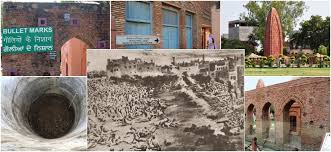
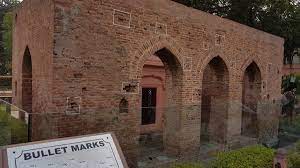
they did was to close the only exit of the park.
The British under the orders of Acting Brigadier Reginald Dyer took positions & started Indiscriminate Shooting..
They shot till their ammunition was finished & didn't stop even for a second in between.
While around 1000+ people

The British under the orders of Acting Brigadier Reginald Dyer took positions & started Indiscriminate Shooting..
They shot till their ammunition was finished & didn't stop even for a second in between.
While around 1000+ people
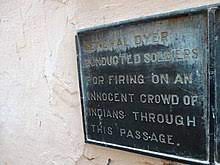
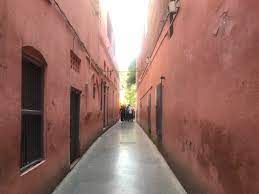
died due to shooting, around 200+ people died when they fell into the deep well while escaping the bullets.
The youngest was a 7 month infant..
The estimates says around 1200 people were massacred & 8000 people were injured..
The reason for #JallianwalaBaghMassacre was that


The youngest was a 7 month infant..
The estimates says around 1200 people were massacred & 8000 people were injured..
The reason for #JallianwalaBaghMassacre was that
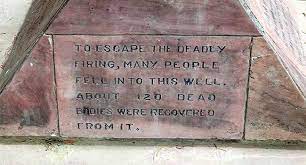
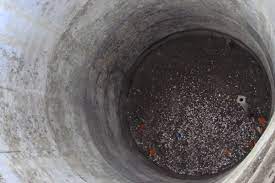
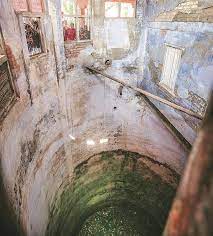
British had imposed restrictions on public gathering, Dyer came to know about festival celebration at park on the same day afternoon & decided it was an opportunity to terrorise Punjab so that freedom fighters can be quelled.
The unrepentant Dyer was lauded by British for his
The unrepentant Dyer was lauded by British for his
valour but when public turned out against him at Britain, they cancelled his promotion & barred him from entering Bharat again. (Thanks to C Shankaran Nair, his story will be written in another few days)
The British set up an enquiry commission instead of court martial & Dyer
The British set up an enquiry commission instead of court martial & Dyer
showed no remorse for his action.
Infact, he proudly said, the shots were fired till the
Last Bullet was emptied & added that he didn't make any effort to hospitalise the wounded, he said, hospitals were open & they could've gone there.
After the Jallianwala Bagh massacre, on

Infact, he proudly said, the shots were fired till the
Last Bullet was emptied & added that he didn't make any effort to hospitalise the wounded, he said, hospitals were open & they could've gone there.
After the Jallianwala Bagh massacre, on

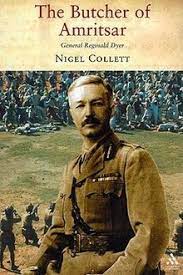
15th April at Gujranwala, protest was held against British & again British massacred Around 30 people leaving 100s injured.
Rabindranath Tagore returned his Knighthood protesting against the British.
Gandhi Nehru did LIP SERVICE at that moment & the Non cooperation Movement
Rabindranath Tagore returned his Knighthood protesting against the British.
Gandhi Nehru did LIP SERVICE at that moment & the Non cooperation Movement
which Gandhi called 2 years later was also withdrawn immediately by Gandhi citing ChauriChara.
One 7 year old boy who was there at #Jallianwalabagh never forgot the wounds inflicted by Dwyer & Dyer, he had a grudge against the British & waited 21 years to take the revenge.
One 7 year old boy who was there at #Jallianwalabagh never forgot the wounds inflicted by Dwyer & Dyer, he had a grudge against the British & waited 21 years to take the revenge.
He was #ShaheedUdhamSingh.
On March 13th 1940, he shot at General Michael O Dwyer who was Lt Gov of Punjab & also had given Approval to Reginald Dyer for #JallianwalabaghMassacre.
#VANDEMATARAM



On March 13th 1940, he shot at General Michael O Dwyer who was Lt Gov of Punjab & also had given Approval to Reginald Dyer for #JallianwalabaghMassacre.
#VANDEMATARAM
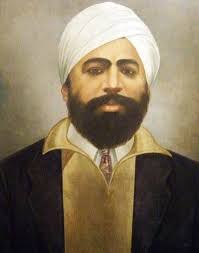

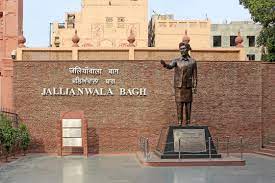

• • •
Missing some Tweet in this thread? You can try to
force a refresh










